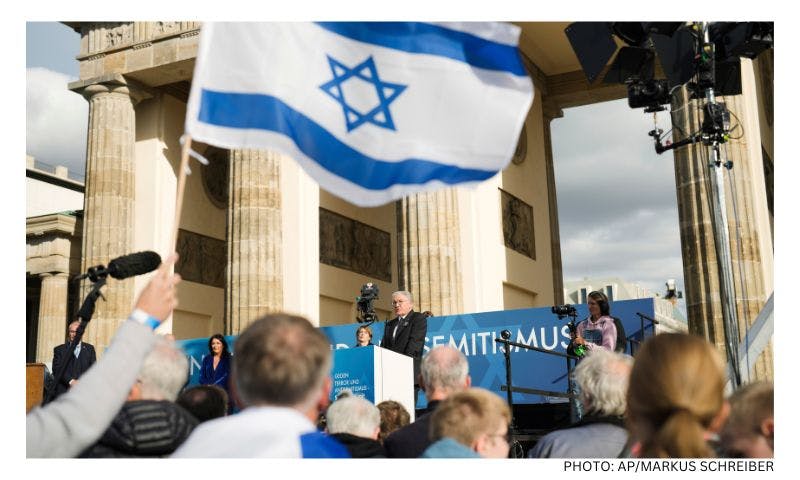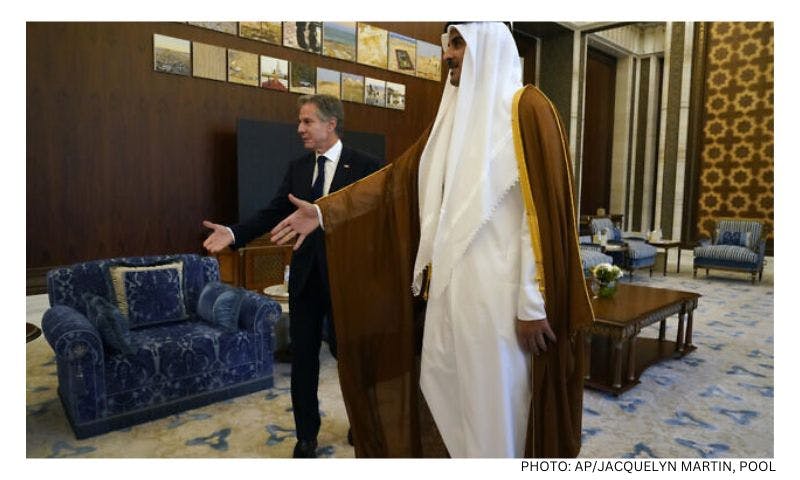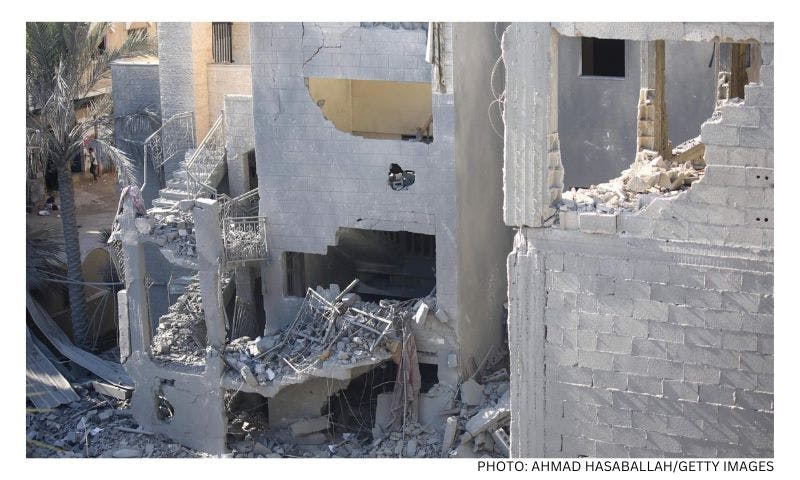Published: 31 March 2018
Last updated: 4 March 2024
WE WILL SOON BE CELEBRATING the 70th anniversary of the establishment of the state of Israel, the homeland and the state of all the Jewish people. This is a good time to look at the situation in Israel, the situation of world Jewy and the relationship between the two.
The establishment of our state was, I believe, the most daring enterprise in the history of the Jewish people, and the Jews of the Diaspora were and are full partners in that enterprise, not only in the establishment of Israel, but also in the development.
The Jews of the Diaspora are true stakeholders in this wonder called Israel. You stand beside us at times of crisis and joy. You dream with us. You challenge us. You help keep us strong. And this is something cannot be taken for granted. The relationship between us goes to the very core of our Jewish existence.
We are one people. We all share the responsibility to preserve and maintain our Jewish identity and culture and our Hebrew language, and to pass them on from one generation to the next. This is not an easy challenge, even in Israel, and it is far more difficult in the Diaspora. But this is a challenge that will determine our survival.
Yet this is only one of the many tasks we share. We all shared in the task of establishing the state of Israel and this united us. We are one nation and we must continue to work together to fight against anti-Semitism in all its forms. From vandalism in Jewish cemeteries to violent terrorist attacks against our brothers and sisters around the world, from BDS activities on college campuses to attacks against Israel’s legitimacy in the UN. There is no room here for hesitation. We must continue the fight as one united front.
Today, 70 years on, Israel is thriving. We enjoy a vibrant and stable democracy, with economic growth of over four percent, increasing exports, and an almost zero unemployment rate. Israel is today a world high-tech power, a centre of excellence in cyber technology, water conservation and management., and agriculture. Israel, with eight million citizens, is ranked third in the world in the number of patents per person. Every eight hours in Israel, a new start-up is born that seeks to change the world. This is the unbelievable story of the start-up nation.
But alongside this amazing story, Israel faces an enormous challenge. Israeli society is undergoing a major change, from a society made up of a clear Zionist secular majority, to one made up of four clear population sectors or “tribes” which are growing ever closer in size: the secular Jews, the national religious Jews, the Haredim and the Arabs. Each study in separate education systems, live in s3edparate towns, use different media and hold different ideas about its values.
[gallery columns="1" size="large" ids="18624"]
When we look at first-grade classes, where almost half of the children are Arabs and Haredim, we must ask ourselves: what are the values shared by the majority of Israelis today? How can we ensure the prosperity of Israel when Arabs and Haredim do not yet play an effective role in Israel’s economy? How can we create a common language? How can we create a shared Israeli hope?
How can we turn this start-up nation into a start-up nation for all? How can we make the “Israeli dream” accessible to every young man and woman, from the Haredi man in Bnei Barak to the Arab woman from the Bedouin town of Rabat?
I believe that this challenge is one of the most significant that Israel faces today. To meet this challenge, we need the partnership with the fifth tribe of Israel – the Jews of the Diaspora.
We now have the Jewish and democratic state that we all dreamed of for 2,000 years – a state based on the visions of the prophets of Israel; a state that respects the unique identity of each sector of Israeli society; a state that regards equality and fairness as its guiding light; a state that demands shared responsibility from all; a state that does not compromise on its Jewish identity or on its vision of Jewish peoplehood, while at the same time also maintaining its vision of a shred identity for all its citizens, Jews and non-Jews.
Zionism is progressive Jewish nationalism. It’s about recognising the challenges of the moment and facing them with courage and an open heart. It’s about keeping Israel as a democratic Jewish state – democratic and Jewish.
The Jewish people have always invested not only in their own prosperity but also in the task of Tikun Olam. The national, and the universal dimension, these are the two foundations of the Jewish people. Like the state of Israel, the Jews of the Diaspora have never been in a better situation – safer, more vibrant, stronger. The Jewish people are doing very well, very well. But the Jewish people are also doing well!
I only need to mention the aid sent by Israel to countries in crisis (like Nepal, Haiti and Mexico); the implementation of Israeli technologies for water and agriculture around the world (as is happening today in India and Africa); life-saving Israeli technologies like Mobileye, the treatment of hundreds of Syrians in Israeli hospitals; Jewish mission to communities in need around the world; donations of hundreds of millions of dollars to developing countries.
We do well but we can do even better, if we do it together. The Jewish people and the state of Israel should select shared missions for Tikun Olam. Just imagine the changes we can make together. Let us put aside any differences and work together. Let’s develop our mutual commitment as a value and an action.



